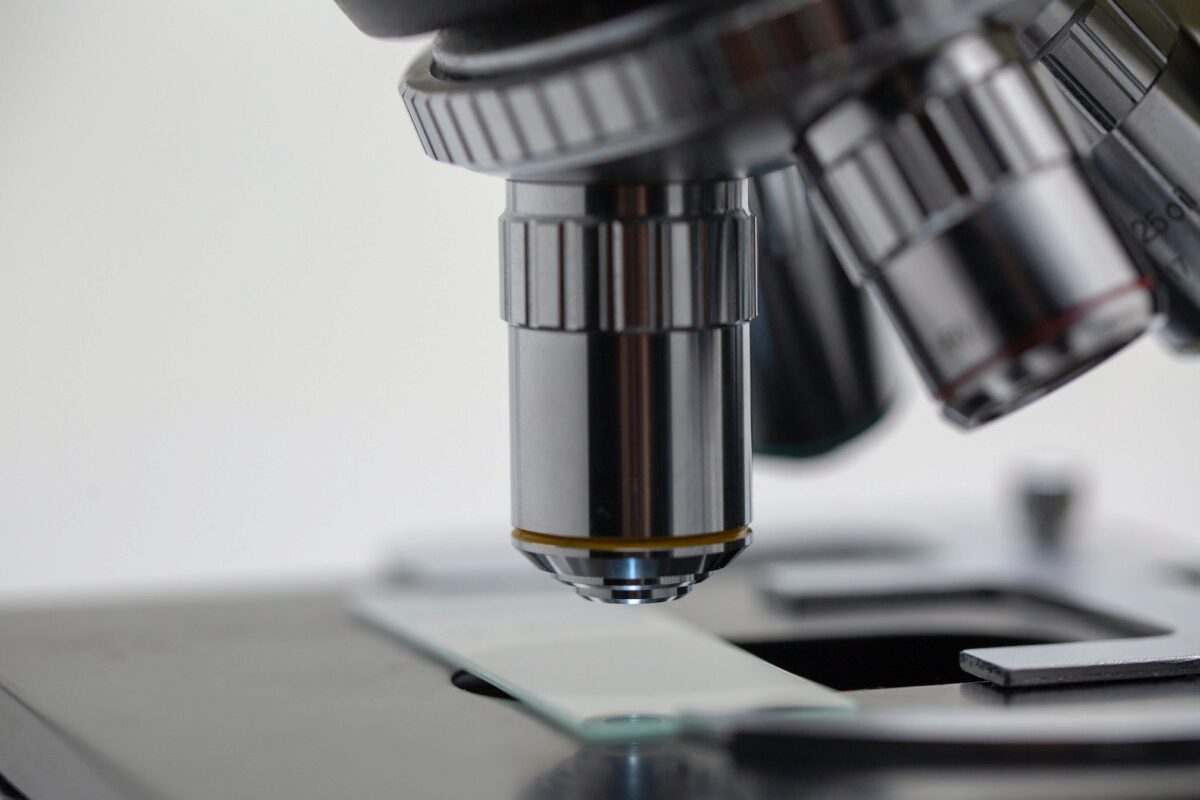Bioengineering
Bioengineering is the application of engineering principles to the study and control of biological processes and systems. The goal of bioengineering research is to develop, through an integration of engineering and the life sciences, a better understanding of basic mechanisms in biology and new concepts and technologies that may be applied to problems in medicine and biology.
Major areas of research at GT include the engineering of novel advanced biomaterials and medical devices; nano/micro mechanical and fluidic systems for diagnostics, therapeutic delivery, stem cell engineering, systems biology and neuroscience; cell-based therapeutic constructs, influence of mechanics in development, homeostasis, and disease; and modeling of complex biological systems.
Georgia Tech is a leader in the area of tissue engineering and regenerative medicine research which involves the use of living cells and biomaterials in the development of biological substitutes. The purpose of tissue engineering is to repair, maintain, or enhance function, and it includes applications such as artificial skin, bioartificial organs, blood vessels, and connective tissue.
Research Area Group Chair
Research Facilities
- Cardiovascular Fluid Mechanics Laboratory
- Cellular and Molecular Biomechanics Laboratory
- Medical Devices Laboratory
- Orthopaedic Bioengineering Laboratory
- Parker H. Petit Biotechnology Building (Faculty and graduate student offices and labs)
- Petit Institute for Bioengineering and Bioscience
(text and background only visible when logged in)






























